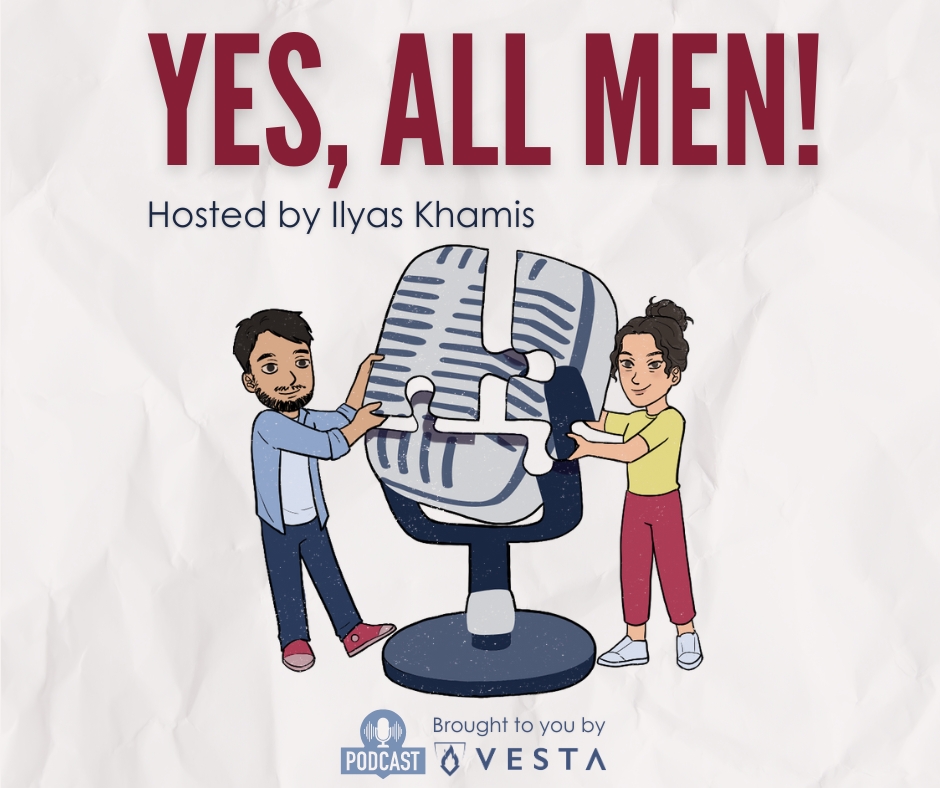Scenario: Kai’s friend Alex confides in them that they’ve been raped by someone in their Chemistry class. Alex is overwhelmed, confused, and unsure of what to do next.
Resisting the Urge to Give Advice:
Despite feeling the urge to offer immediate advice or solutions, Kai recognizes the importance of allowing Alex to make their own choices about how to proceed. Instead of jumping in with advice, Kai prioritizes active listening and support.
Listening and Offering Assurance:
Kai listens attentively to Alex’s account without interrupting, providing them with a safe space to express their feelings and experiences. Instead of offering solutions, Kai reassures Alex of their support and willingness to help in any way they need.
Expressing Availability for Support:
Recognizing that Alex may not be sure about the type of support they need at the moment, Kai proactively offers to help. Kai is caring and supportive, saying things like, “I care about you deeply, and I want you to know that I am here for you in any way you need.”
Respecting Their Agency:
Kai refrains from assuming what Alex needs or wants and avoids imposing their own ideas onto them. Instead, Kai lets Alex take the lead in deciding what steps to take next, empowering them to make decisions that feel right for them.
Open Communication and Support:
Throughout their interaction with Alex, Kai maintains open communication and provides unwavering support. They remind Alex that they are not alone in this and that they will stand by them every step of the way.
By respecting Alex’s autonomy, actively listening, and offering unconditional support, Kai shows their commitment to being a trusted ally and friend.




